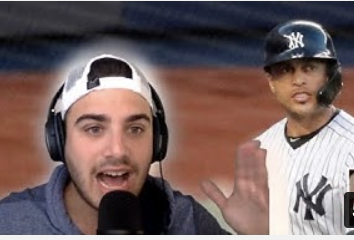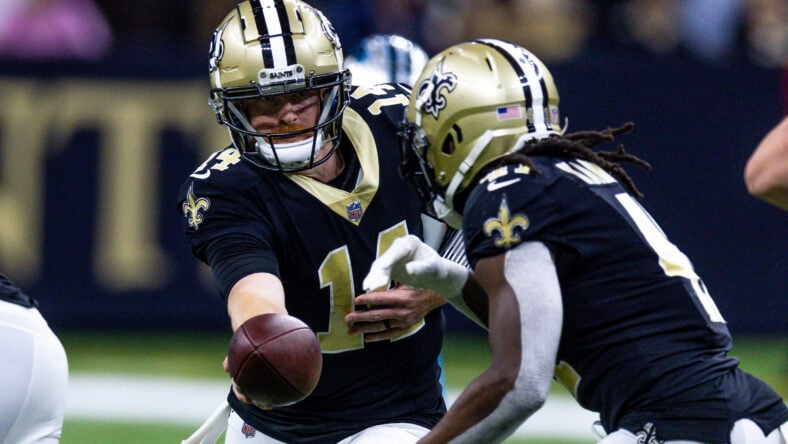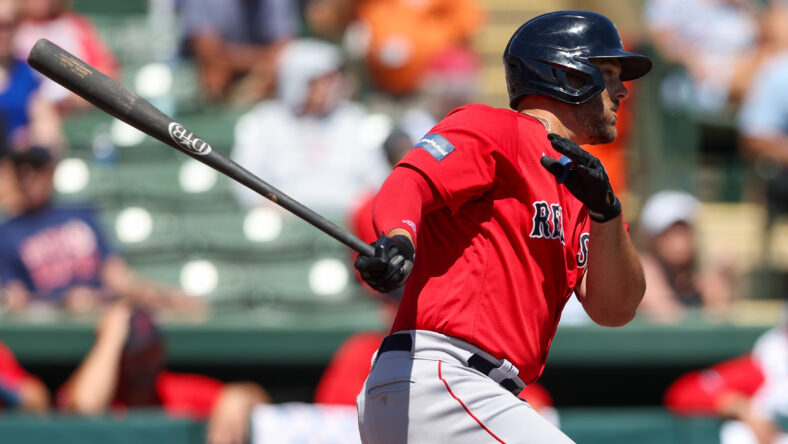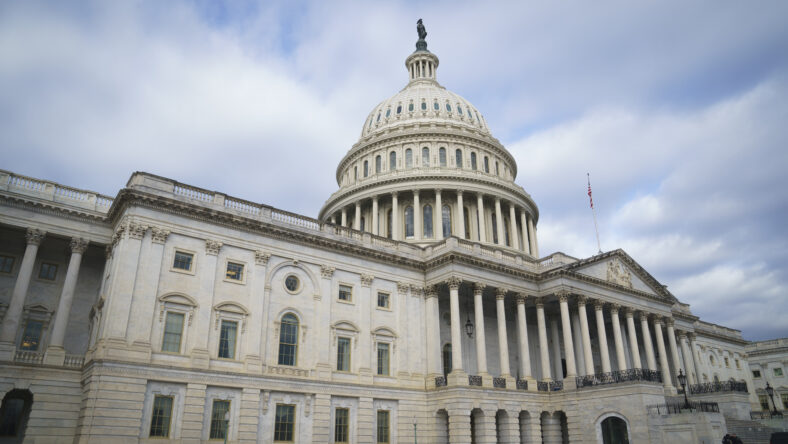Rami’s Roundup: The Free Agent Spending Spree Could Foreshadow Major Changes to MLB’s CBA. Here Is What They Are

Major League Baseball is facing yet another difficult situation. We have seen a cheating scandal, new controversial rules, declining ratings and attendance and a shortened season due to COVID-19. None of these, however, equal the challenge the league is facing today.
At 11:59 ET, the Collective Bargaining Agreement between the players and owners will expire and the league will go into lockdown. There has been a long history of contentious negotiations between the two sides, most recently resulting in the delayed start of the 2020 season.
The last time we saw a lockout like this one, it began in the middle of the Summer in 1994 and went unresolved until the Spring of 1995. The lockout left the teams and players scrambling to fill their rosters and find new homes.
Star free agents have gotten out ahead of that this time around, as we’ve seen some truly crazy activity in the market over the last few days. The Texas Rangers alone have spent over half a BILLION dollars in a 24-hour span. While this exhilarating action during the off-season is great for the league, perhaps these contracts indicate some new rules we may see in the new CBA, if and when it’s resolved.
Take the Texas Rangers and their shopping spree for example. In the past, a team at the bottom of the league would not have spent the way they have. What could change that? How about two new rules affecting the league’s competitive balance. Expanding playoff participation is one potential rule change. Should the league move from a 10 team playoff format to 14? It would explain why owners of teams in the middle of the pack feel they now have a chance at a post-season run.
We have seen in the NBA and NHL that when the leagues wanted to increase competitive balance, and disincentivize “tanking” they have implemented draft lotteries. If these changes happen, it will no longer be the case that the worst team gets the best pick in the draft automatically. Therefore, there will no longer be a reason to lose games intentionally.
While the MLB players would never want to agree to a salary cap, the league may consider a salary floor to avoid having teams like the Orioles and Pirates continuously spending the bare minimum on their rosters. This pattern renders them non-competitive.
One team that has mastered the art of remaining competitive on a low-budget payroll has been the Tampa Bay Rays. Yet, they have not yet “gotten over the hump” and won a title. It seemed in the past that when they were just two moves and only a few million dollars away from becoming a true title contender, the team remained reluctant to spend the extra money. This off-season however, we have seen them splurge (by their standards) on Corey Kluber. Do the owners know something we don’t in regards to the likelihood of a new salary floor rule?
In a move even bigger than the Kluber contract, the Rays signed rookie sensation Wander Franco to an 11-year $182 million extension. This move could point to another expected rule change in the new CBA – the end of arbitration. Arbitration is when young players who are not yet eligible to reach free agency, enter a court case with their teams over their monetary value and work out their salaries for the upcoming season.
These cases are a grueling process where the players have to endure testimony concerning their flaws from their own teams, hoping to lower their value. We have seen this process fracture relationships between players and teams to the point of no return.
No more arbitration will allow young stars the opportunity to make a lot more money and earn job security with their current teams. Contracts given to stars like Wander Franco, Fernando Tatis, and Ronald Acuna may become more common. Unfortunately, for some young players the teams have to pay more to retain them, which could lead to more young players bouncing around the league in the early stages of their careers.
The goal of the new CBA should be to do what is best for the game. Ultimately all we want to see as fans is the best possible product, including increased TV ratings and more action on the field. Unfortunately, it seems that for the players and owners it’s first and foremost about the money.
The MLB Players Association has a ton of power and the owners do not want to relinquish any more power to it.
An extended lockout with the two sides each blaming the other will be detrimental to the sport and something it cannot afford.
The pressure to resolve this will fall on the shoulders of Rob Manfred. Expect him to use rule changes like the 7-inning doubleheaders, a universal DH, and the runner on second to start extra innings, as bargaining chips between the players and owners as they work to find common ground.
As a baseball fan, I’d like to see more stolen bases, doubles, and triples, as well as the disincentivizing of strikeouts. I want the game to be the best it can be and while the last few days have seemed fun, the CBA deadline is clouding it all.
While I do hope the league can work this out in a timely manner and find a way to give its fans the best possible product while increasing the sport’s popularity across the country, I am not confident that Manfred, the owners, or the players, will do what is best for the game. I hope they prove me wrong.
Be sure to follow me on Twitter @rami_lavi and Instagram @rami.lavi
Categorized:LOJ Exclusives MLB The Latest



